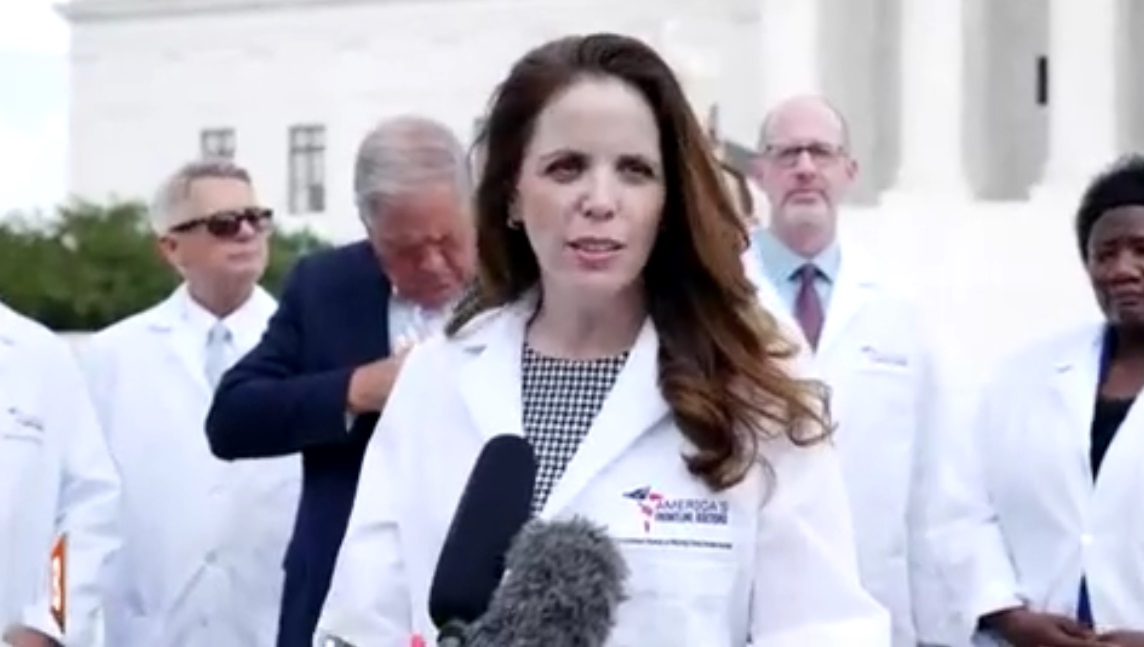6 Vitamin C myths DEBUNKED: Here’s why the nutrient is effective, non-toxic and safe
07/07/2020 / By Virgilio Marin

Also known as ascorbic acid, vitamin C is commonly used to strengthen the immune system and assist in collagen production. Collagen is a protein that serves as a major building block in the formation of bones, skin, muscles, tendons and ligaments. People produce collagen less as they age, and vitamin C is one way to boost this process.
Vitamin C also plays a role in cardiovascular health. According to Nobel Prize-winning scientist, Linus Pauling, heart disease is linked to vitamin C deficiency.
His statement is supported by a study published in the International Journal for Molecular Sciences. Results show that people with vitamin C deficiency are at a higher risk of developing and dying of cardiovascular diseases. Recent reviews point to its antioxidative properties and role in collagen production to explain how it can boost cardiovascular health.
Despite these benefits, myths about vitamin C continue to spread. Here are six of them, debunked:
Myth 1: There’s no evidence supporting vitamin C
There are 60,000 studies on vitamin C on PubMed alone, says Dr. Thomas Levy in his book Primal Panacea, a board-certified cardiologist and a long-time proponent of high-dosage vitamin C.
He dubs the claim as “medical malpractice” especially when it comes from a physician.
Myth 2: There’s no evidence that vitamin C is effective
In 2016, Dr. Paul Marik of Sentara Norfolk General Hospital found that vitamin C is effective in preventing death among patients suffering from sepsis. Combining it with corticosteroids and the vitamin thiamine, he treated 150 sepsis patients after being able to save a critically ill sepsis patient. Of the 150, only one person died from sepsis infection. (Related: Death by sepsis reduced by 87% with progressive vitamin C treatment.)
Levy lends further support on the efficacy of vitamin C. His assertion that it is a powerful nutrient to fight several diseases including heart disease has earned over 1,100 citations from peer-reviewed journals.
He has also referenced more than 1,200 studies backing the benefits of vitamin C — a number that only “scratches the surface” of its therapeutic abilities.
Myth 3: Vitamin C is unsafe
The recommended daily intake of vitamin C is between 70 to 90 mg, though adults can have 2,000 mg a day or even more. Too much of the maximum limit, however, does not yield harmful side effects.
In contrast, data from the Johns Hopkins Medicine found medical error as the third leading cause of death in the United States after heart disease and cancer.
A recent example is a one-year-old girl who died after being injected with sodium chloride 20 times more than the recommended dose. The child was undergoing her last chemotherapy session even after she was described as cancer-free by doctors.
Myth 4: Vitamin C causes kidney stones
A study from Oregon State University showed that taking more than 1,500 mg of vitamin C daily did not increase the risk of kidney stone formation compared to those consuming less than 250 mg daily.
Myth 5: Eating foods rich in vitamin C is enough
While 60 mg of vitamin C is enough to avoid scurvy, a medical condition caused by vitamin C deficiency, a person needs 1,500 mg of vitamin C for it to take effect on the atherosclerosis in 60 percent of the population. That is equivalent to eating 15 red bell peppers or 20 oranges in a day. This is an improbable task considering the Standard American Diet is low in fruits and vegetables.
To achieve the recommended level, a person can take vitamin C supplements.
Myth 6: You don’t benefit from excess vitamin C
This is related to the idea that when a person urinates, he flushes unneeded nutrients from the body. But like water, excess vitamin C supplies the body with cardiovascular benefits before being flushed through urine.
Learn more about vitamin C and its role in overall health and wellness at Nutrients.news.
Sources include:
Tagged Under: #nutrition, antioxidants, ascorbic acid, cardiovascular disease, citrus fruits, collagen, heart disease, Myths, natural cures, natural medicine, nutrients, supplements, vitamin C, vitamins





















